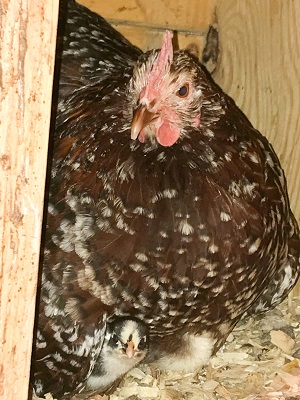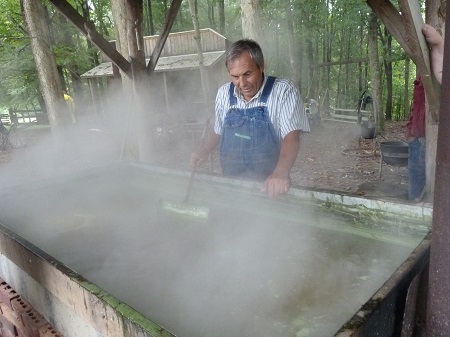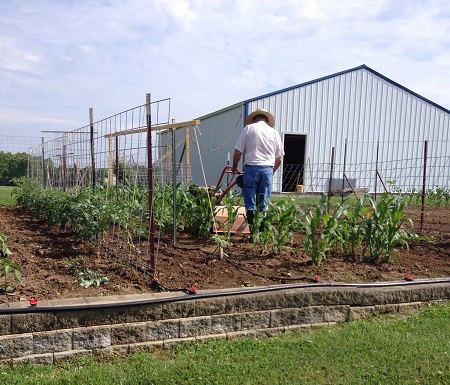Under Your Wing
 When a storm approaches, a mother hen gathers her baby chicks under her wing. She wants to keep them safe.
When a storm approaches, a mother hen gathers her baby chicks under her wing. She wants to keep them safe.
If you take people under your wing, you care for them.
You batten down the hatches during life’s storms by:
- Protecting them
- Loving them
- Meeting their needs
Taking someone under your wing may require little or much time.
- Older students tutor younger students.
- Bosses guide new workers.
- Friends take care of a sick friend.
- Neighbors offer a place to stay when another neighbor loses her home.
- Relatives rear a child when its parents die.
Look for opportunities to care for a hurting world.
- Show love in all you do.
- Help the hopeless see light at the end of the tunnel.
- Give financial help to people going through hard times.
- Show respect to everyone, whether you agree with them or not.
- Treat people the way you want to be treated.
- Don’t get mad as a wet hen when you don’t get your way.
- Ask God to guide you in all you do and say.
“[God] will cover you with His feathers;
you will take refuge under His wings.
His faithfulness will be a protective shield” (Psalm 91:4 HCSB).
Thanks to Carole Fite for the suggestion and to Pam Barnes Harlow for the photo.
Do you have an expression you want explained? If so, please comment below.
Subscribe to receive my weekly posts by email and receive a free copy of “Words of Hope for Days that Hurt.”
If you enjoyed this post, please share it with your friends.
 When we sleep in a room with thin walls, we don’t want noisy neighbors. If those neighbors live in the room above us, we often wait for the next shoe to drop.
When we sleep in a room with thin walls, we don’t want noisy neighbors. If those neighbors live in the room above us, we often wait for the next shoe to drop. If anything is plumb, it is perfectly straight.
If anything is plumb, it is perfectly straight.  A plumb line helps measure whether anything is straight or plumb.
A plumb line helps measure whether anything is straight or plumb.  As a little girl, I loved to visit relatives who had a well with a bucket. The bucket was tied to the end of a rope. To get water, we had to:
As a little girl, I loved to visit relatives who had a well with a bucket. The bucket was tied to the end of a rope. To get water, we had to: I have been told I am as slow as molasses. I have also been told I go too fast. I suppose my speed depends on what I do.
I have been told I am as slow as molasses. I have also been told I go too fast. I suppose my speed depends on what I do. Pouring molasses is also a slow process.
Pouring molasses is also a slow process. On my first trip to Cañon City, Colorado, my husband and I walked across the nearby Royal Gorge Bridge. Several people use that bridge as a jumping-off place. They bungee jump from the highest bridge in the United States.
On my first trip to Cañon City, Colorado, my husband and I walked across the nearby Royal Gorge Bridge. Several people use that bridge as a jumping-off place. They bungee jump from the highest bridge in the United States. After a long hard day, most of us look forward to work in the short rows.
After a long hard day, most of us look forward to work in the short rows. A few years ago, my husband was in the hospital, not expected to live. The next day a doctor said he was much better but not out of the woods yet. He meant my husband still had to fight for his life.
A few years ago, my husband was in the hospital, not expected to live. The next day a doctor said he was much better but not out of the woods yet. He meant my husband still had to fight for his life.
 Pudding, or any other food, may look good. It may smell good. Other people may say it tastes good. However, the proof of the pudding is in the eating.
Pudding, or any other food, may look good. It may smell good. Other people may say it tastes good. However, the proof of the pudding is in the eating.